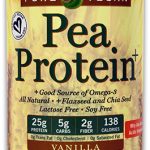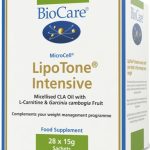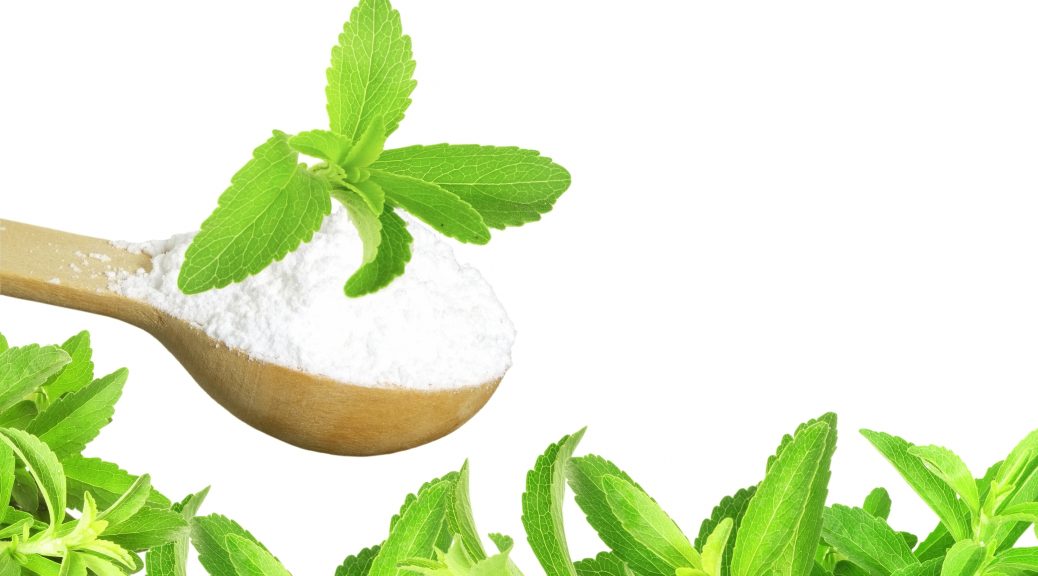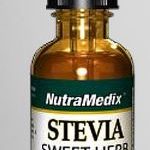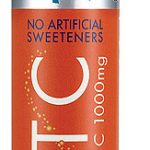Thinner G for a Thinner Me
Healthy Weight Loss for a Hearty Reduction in Weight
Thinner G is a dynamic collection of botanicals that are known to bring about weight loss and or alleviate some of the side effects of
excess body fat that aggravate proper metabolism. This synergystic
formula combines unique ingredients that compliment one another
in a way where the cumulative effect is greater than the sum of their parts.
Healthy weight loss is a concept that focuses
on the behaviors that cause us to gain weight
in the first place and reverse them via nutritional
supplementation. Those behaviors are
that we consume too many calories and don’t
burn enough calories. This leaves excess
calories in the bloodstream that are then
stored as fat.
It used to be that fat was a good thing. It is
your body’s way of storing calories so that
they can be retrieved later when they are
needed. This storing and retrieving of calories
is managed by your blood sugar control system
and is run by two hormones produced in
the pancreas.
Insulin is produced in the beta cells of the
organ and is responsible for lowering blood
sugar by bringing calories into the cells to be
burned and then storing what calories that are
not immediately needed as glycogen and fat.
Everyone is familiar with insulin.
Glucagon on the other hand seems to be
less familiar to most of us. It is produced in
the alpha cells of the pancreas and is responsible
for raising blood sugar levels. It does
this by retrieving the calories stored as fat and
glycogen and putting them in the bloodstream
to be burned.
The key words here are “fat” and “burned”.
To state the obvious, when fat gets burned
you lose weight. The neat thing about it is
your body has a built in natural mechanism for
you to lose weight. Sounds good but the question
is how do we activate this mechanism?
The answer is – through the blood sugar control
system which can be influenced by nutritional
supplements.
We have engineered a recipe for your success
in winning the weight loss war. It’s called
Thinner G. It is a collection of botanicals that
are known to bring about weight loss.
This dynamic formula combines unique ingredients
that compliment one another in a way
where the cumulative effect is greater than the
sum of their parts.
There is a synergy to blocking the uptake of
sugar, carbohydrates and fats while suppressing
appetite and promoting the burning
of calories that are already in the body that
Thinner G provides. Synergy is where the
total effect is greater than the sum of its’
parts. If you were to block the absorption of
sugar from the intestines into the bloodstream
you would lose weight. The same
thing could be said for inhibiting the digestion
of carbohydrates so that they pass right
through the body. Using fiber to absorb fats
in the digestive tract so that they can then be
excreted is also a good way to bring about
weight reduction.
If you reduce cravings by taking Thinner G
then you will be less likely to snack on fattening
foods which will also help you lose weight.
It also inhibits the formation of fat so that unburnt
calories stay in the bloodstream longer.
There are two benefits here. First there is reduced
fat formation and your bloodstream
then sends a satiety signal to the brain that
indicates that no food is needed thereby suppressing
appetite. The less you eat the less
weight you gain and the more likely you are
to lose weight.
Thinner G is also thermogenic and it brings
about glycolysis. Glycolysis is the breakdown
of fats and thermogenesis is the conversion
of calories into heat by burning them. Breaking
down fat and burning it is the essence of
weight loss. When combined with blocking
the uptake of sugar, fats and carbs – all bad
calories with a reduction of cravings and appetite
you have a powerful synergy.
Thinner G contains Chromium Picolinate,
Modified Citrus Pectin, Garcinia Cambogia,
White Kidney Bean Extract, Chitosan, African
Mango, Green Tea Extract, Gymnema
Sylvestre and Banaba Leaf Extract. You may
have heard of some of these ingredients before.
They have been sold individually over
the years for bringing about weight loss. They
work. Individually every one of them has
demonstrated an ability to bring about weight
loss. They all accomplish this via differing
metabolic pathways. We have put them together
in a carefully engineered way that maximizes
their effectiveness. It is a recipe for
success.
Being overweight is more than just an inconvenience
in your appearance and lower energy
levels. It is an actual condition with a
clinical definition. A condition that contributes
to a lengthy list of other more serious conditions.
Healthy Weight Loss is the concept that
recognizes that if you want to live a long and
healthy life it is important to get the weight off
and keep it off. Thinner G will assist you in
strengthening your resolve.Everyone knows that diet and exercise are
the way to stay fit, trim and healthy. They are
indispensable but with today’s changes in
lifestyle we could all use a little help. We have
access to so much delicious food, enjoy our
sedentary lifestyles and labor saving devices
plenty. That’s not going to change. Thinner G
is here to tip the scale in your favor. It’s your
recipe for success. With Citrus, Green Tea,
African Mango, White Kidney Bean and Banaba
Leaf it makes losing weight even sound
delicious!
Thinner G is here to tip the scale in
your favor. Your recipe for success
with Citrus, Green Tea, African
Mango, White Kidney Bean and
Banaba Leaf it makes losing weight
even sound delicious!



